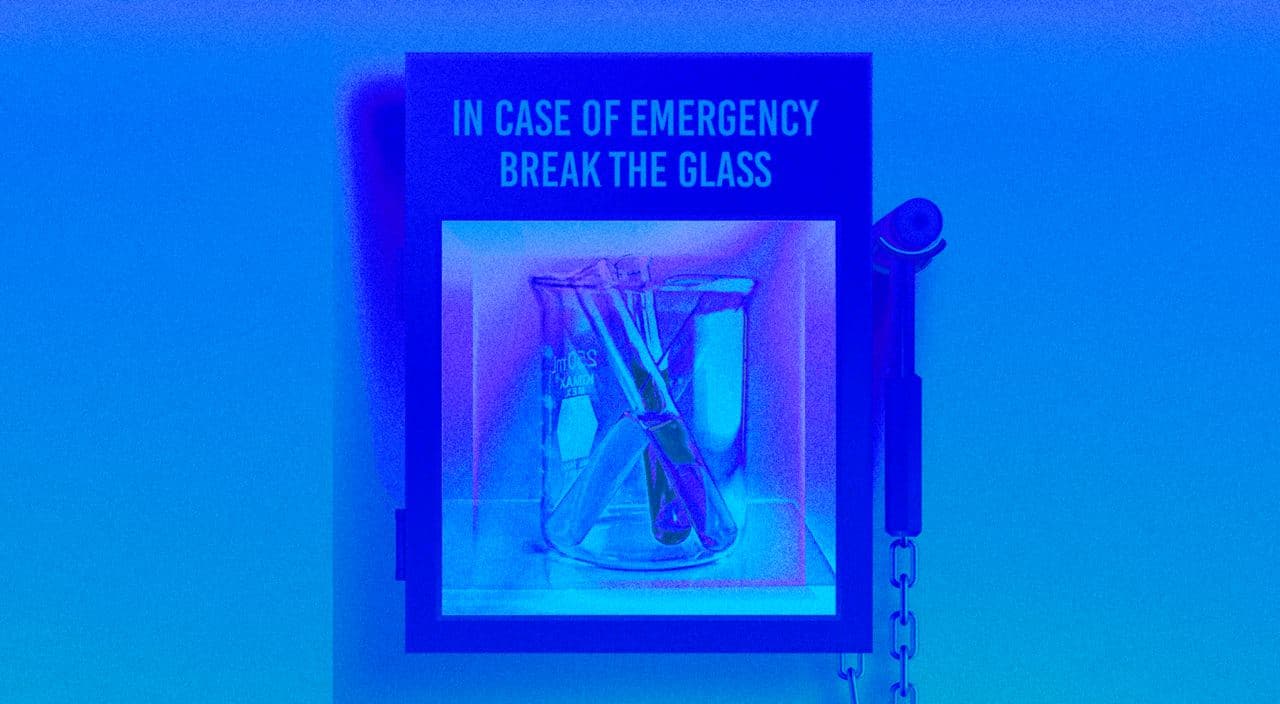NIH Cuts Jeopardize Innovation; Decentralized Science is the Cure
It’s not about what gets cut today - it’s about the breakthroughs we may never see tomorrow.
7 min read
Cansu Yanik

A Global Alarm: The Impact of U.S. Science Funding Reductions
Recent reductions in funding across key U.S. health agencies have sent shockwaves through the global scientific community. At the center of this crisis is a $4 billion freeze on National Institutes of Health (NIH) funding - a decision that risks undermining the very foundation of biomedical innovation.
This isn't just a line item on a federal budget. It’s a direct hit to early-stage research, and the impact on long-term drug development and the overall health infrastructure will be lasting and profound.
Once again, the need to build a steadfast scientific funding infrastructure has become evident. At Molecule, we’re not waiting for old systems to catch up. We’re building a system that empowers scientists with the agility, financial independence, and support they need to thrive in this new era of research.
Have you been impacted by funding cuts? We’re helping researchers across the globe source funding for critical research. Contact us today to learn more.
Billions Lost, Thousands at Risk: The Real Cost of NIH Cuts
With an annual budget of approximately $48 billion, the NIH is responsible for funding up to 94% of all biomedical research in the U.S. This support is foundational. NIH-backed research has played a role in 99% of the drugs approved between 2010 and 2019.
But in recent months, the NIH has faced swift and extreme funding cuts, leaving many researchers completely impeded. Those who have escaped the cuts live in uncertainty, unable to predict the new funding landscape they are faced with. Karlin Compton, a PhD candidate at Northwestern University shared; "As a researcher in biology, our entire field benefits from NIH funding in some way. New government officials believe they’re changing research for the better, but instead they’re disrupting the groundbreaking work people are doing and causing irreparable damage to the synergistic relationship between governmental funding and research for the greater good that took decades to establish. Young graduate students, especially those like me from diverse and disadvantaged backgrounds are feeling nothing but uncertainty and fear at how we are going to be able to not only perform research and publish our work, but also support ourselves and our families."
About the author

Cansu Yanik
I have a deep passion for science, communication, and storytelling, which I’ve been able to combine throughout my academic and professional journey. I hold an M.Sc. in Molecular Sciences and a Bachelor's in Molecular Biology, Genetics and Bioengineering, and Minor degree in Chemistry. My academic path has led me through 3 countries and 5 laboratories, where I’ve had the opportunity to collaborate with diverse international teams.
Related Posts

One Interface for Onchain Science: Molecule Labs Has Arrived
Don’t Trust, Verify. For Science.

The Emerging Field of Decentralized Science
In light of the rapid technological advancements, particularly in artificial intelligence and distributed ledger technology (DLT), the need to address the pain points of traditional science is urgent.

AthenaDAO’s First IP-NFT Bears Fruit: Results Have Arrived, Paving the Way for Future Fundraising
Last year the AthenaDAO community chose to support Dr Mario Cordero’s work on ovarian aging. We’re excited to share the team’s promising data and announce a further fundraising round.
